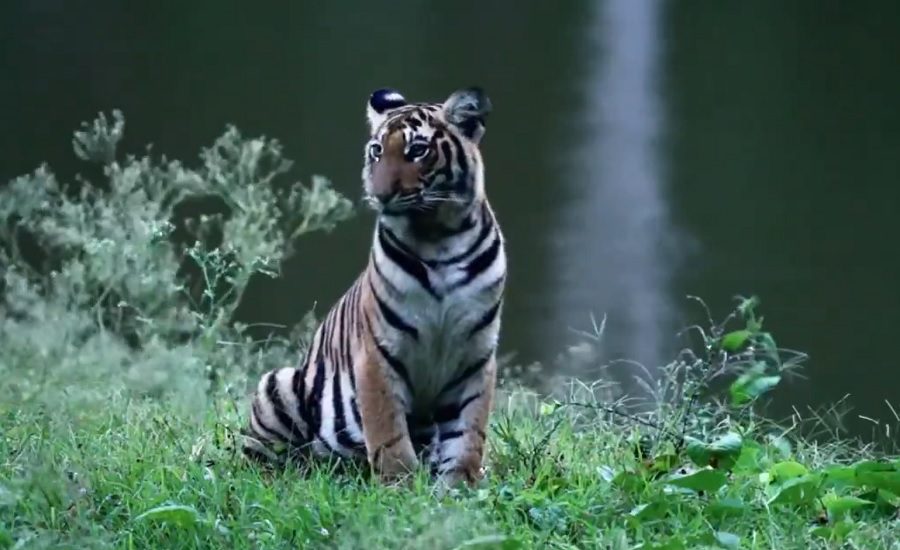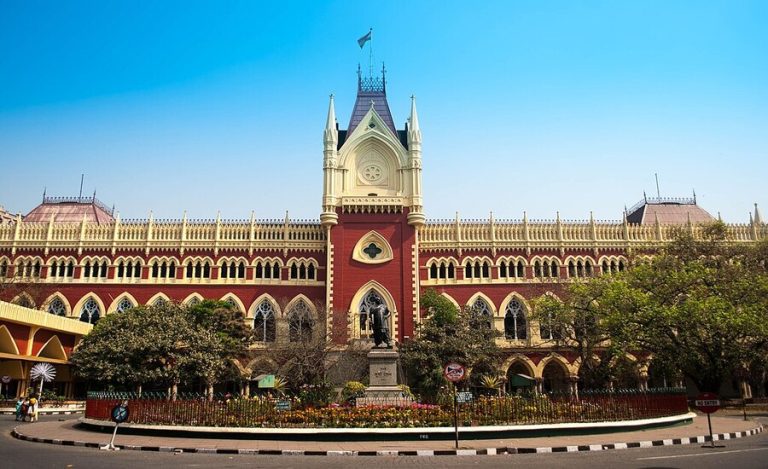Chennai: What began in 1940 as India’s first officially declared wildlife sanctuary, Mudumalai Tiger Reserve in Tamil Nadu, has evolved into a thriving conservation success story. Nestled in the scenic Nilgiris and forming a key part of the Nilgiris Biosphere Reserve, Mudumalai now spans 688.59 sq. km and is home to a flourishing population of tigers and other wildlife species.
Tiger Numbers Soar in 2024–25
According to the latest estimates, Mudumalai now supports 165 tigers, marking a significant rise from 129 tigers in 2023–24. This increase reaffirms its status as Tamil Nadu’s highest tiger density area, underscoring the effectiveness of conservation and habitat management efforts.
But tigers aren’t the only residents. The reserve also boasts:
- 131 leopards
- 534 elephants
- 19 striped hyenas
This extraordinary wildlife diversity further strengthens Mudumalai’s position as a biodiversity hotspot in southern India.
A Crucial Wildlife Corridor
Senior IAS officer Supriya Sahu (1991 batch), Additional Chief Secretary (Environment, Climate Change and Forests), Tamil Nadu, praised the achievement in a post on social media platform X (formerly Twitter). She wrote:
“As the highest tiger density area in Tamil Nadu, Mudumalai plays a vital role in wildlife dispersal between the Eastern and Western Ghats, anchoring South India’s conservation landscape. Bravo team Mudumalai for keeping the flag of conservation flying high.“
Located strategically at the tri-junction of Tamil Nadu, Karnataka, and Kerala, Mudumalai acts as a vital corridor facilitating the movement of tigers, elephants, and other species across the Western and Eastern Ghats—crucial for maintaining genetic diversity and ecological balance.
Conservation Legacy Continues
The success of Mudumalai can be attributed to decades of:
- Strict anti-poaching measures
- Habitat restoration efforts
- Community involvement in conservation
- Technological tools like camera traps and M-STrIPES for tiger monitoring
With continued government commitment and scientific management, Mudumalai is not only preserving wildlife but also becoming a global model for sustainable conservation.




























